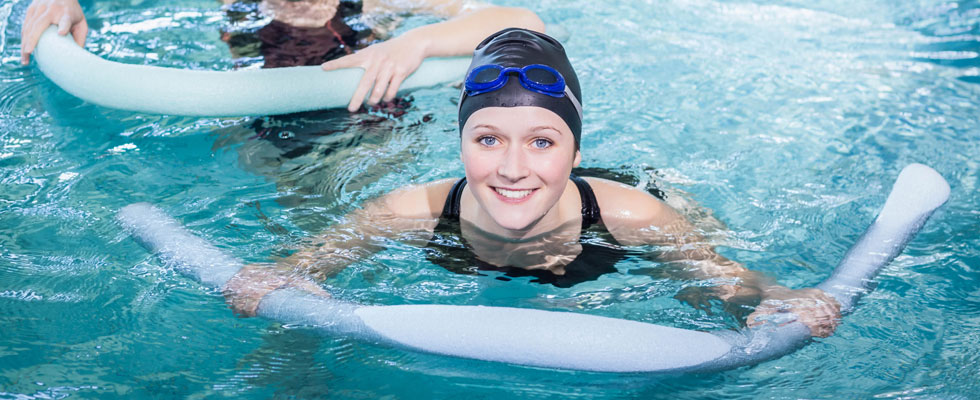There is good evidence that exercise can help slow and even reverse the loss of function caused by FSHD. Exercise is also essential for your overall fitness and health. While exercise probably does not reverse the disease process itself, it helps strengthen muscles that are still healthy. A physical or occupational therapist can guide you in figuring out targeted exercises, stretches, etc. to support the healthy muscles and develop ways of moving and carrying out daily functions that avoid causing muscle strain and pain. There is no one-size-fits-all solution, however. It takes research, persistence, and creativity to find a regimen that works for you and your body.
Resources
- Physical Therapy and Exercise for FSHD (pdf) was written by leading experts to help you and your physical therapist work as a team.
- Feeling Fit with FSHD Zooms meet twice a month on the 2nd and 4th Thursdays at noon. Register to get the link.
- Frank Hanley's Tai Chi resource page.
Scroll down to browse our videos and articles on Physical Therapy and Exercise.

Physical therapy and exercise blog posts
Rediscovering the Freedom of Bicycling
by MICHELLE CHAUVIN Sterling Heights, Michigan Bike riding is something I’ve always enjoyed. After my husband and I were married, we would drag our bikes down the stairs from our… Read More »
FSHD Family Day Conference in Los Angeles
The FSH Society’s Los Angeles FSHD Family Conference will be held on October 21, 2018, at Santa Monica College’s Bundy Campus. Join patients, families, and top researchers and clinicians for… Read More »
Ask the Physical Therapist series
Our blog series of Q&As with physical therapist Julie Hershberg contain so many useful tips that we thought it would be helpful to index them all in one place. Bookmark… Read More »
Bay Area FSHD Family Day Conference Videos and Slides
We are pleased to share slides and videos from our conference held in San Francisco on July 15, 2017. Thank you to our wonderful speakers and to our sponsor Acceleron… Read More »
Ohio FSHD Family Day Conference
Strengthening our network in the Midwest The FSHD Family Day Conference, hosted by Nationwide Children’s Hospital and the FSH Society on June 11, 2017, drew about 70 patients, families, researchers,… Read More »
Our new Physical Therapy brochure
Hot off the press, here’s our updated Physical Therapy brochure! Co-written by leading FSHD experts Katy Eichinger, PhD, Shree Pandya, PT, DPT, MS, and Wendy King, PT, the brochure provides… Read More »




